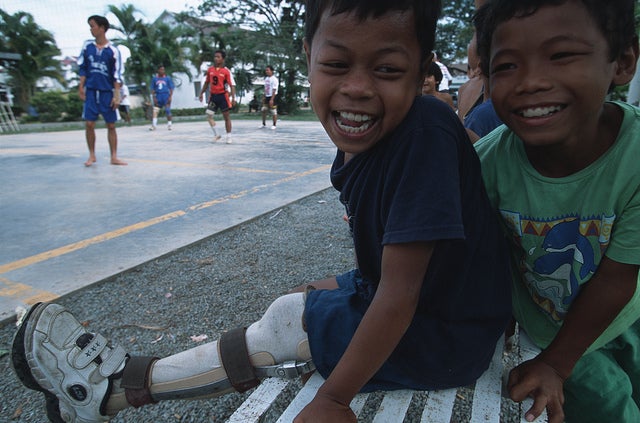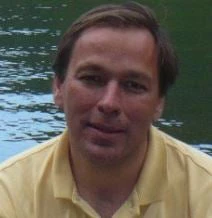
The World Bank is not one of the five spearheading partners in the GPEI – these are the World Health Organization (WHO), Rotary International, the US Centers for Disease Control and Prevention (CDC), the United Nations Children’s Fund (UNICEF), and the Bill & Melinda Gates Foundation. But we work closely with GPEI as well as country governments to provide financing to help eradicate polio. In Nigeria, this led to the introduction of an innovative buy-down financing mechanisms for polio eradication more than 10 years ago that greatly increased the resources provided by development partners. Through this buy-down mechanism, every dollar invested by the Gates Foundation and Rotary International generated about $2 for polio eradication in Nigeria through IDA, with a similar mechanism in place for Pakistan.
Investments for polio eradication are still needed today. When learning more about the recent World Bank’s investments towards polio eradication, and especially the package of operations announced for Nigeria this summer, I was struck by how intertwined the two issues of polio eradication and broader development seem to be. The lack of security in the North-East of Nigeria due to the Boko Haram insurgency is making it very difficult to implement immunization campaigns.
Multiple obstacles remain to eradicate polio in Nigeria in part due to lack of accessibility of some communities in the Northern States. This has led to special measures being introduced. As noted in the program document for the polio additional financing, these include (a) ‘hit and run’ interventions where vaccinators use any opportunity to go to difficult areas with the military and leave as soon as all children have been reached; (b)‘fire-walling’ that is, ensuring immunity in areas surrounding inaccessible villages; (c) using local people as vaccinators who can operate without drawing attention; (d) including IPV (Inactivated Polio Vaccine) in routine immunizations activities; (e) having transit bus-stop and market vaccination teams; and (f) ensuring that all internally displaced people residing in camps are covered. Clearly, lack of security and broader development are major impediments to polio eradication.
At the request of the Government of Nigeria, the World Bank is committing $125 million for polio eradication in the country. Half of these resources will fund Oral Polio Vaccines and other operational requirements of polio eradication activities with UNICEF and WHO implementing the programs. The other half of the funding will help finance routine immunization, which remains essential for interrupting the transmission of wild polio, while also being a critical aspect of improving child and maternal health.
In addition, the World Bank is providing another $450 million for a range of development projects in Nigeria’s North East. This includes support for (1) immediate basic social infrastructure and psychosocial support to communities most affected by displacement; (2) labor-intensive work and skills development for youth, women and the unemployed (especially internally displaced persons, returnees and persons with disabilities resulting from the crisis) as well as cash transfers for displaced families and individuals including those who return voluntarily and safely to their old communities; (3) access to irrigation and drainage services, delivery of agricultural inputs, and other support for farmers in conflict-affected households with a focus on women and youth; (4) financial incentives for teachers who have completed psycho-social training as well as grants to schools to address their needs as identified by school-based management committees; and (5) health services with a focus on maternal, newborn and child health, nutrition, psycho-social support and mental health, as well as mobile clinics In communities in which health facilities have been destroyed.
The needs in Nigeria’s North-East are enormous. Let’s hope that the financing provided by the World Bank and other development partners will help eradicate polio, support development, and make a major difference in the life of those affected by the conflict.


Join the Conversation